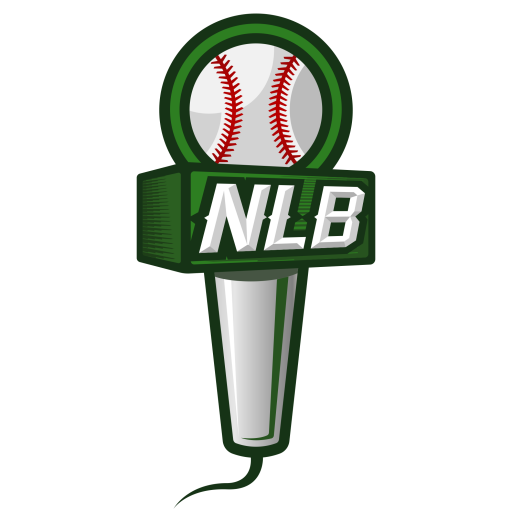
Today, we have a treat for infielders out there who want to learn from one of the best. We are joined by current Los Angeles Dodgers infield coach and longtime Major League infielder, Juan Castro. Juan had a .229 batting average over his 17 seasons in the big leagues with five different teams (Dodgers, Reds, Twins, Orioles, & Phillies). Why then did teams continue to sign him for 17 years? Because he was a magician with the glove and coaches knew they would get dependable defense out of him at any infield position (make sure to watch the video down below of him turning a sick double play with Chase Utley).
In the history of Major League Baseball, Juan ranks 15th in career fielding percentage for shortstops. So in all of baseball history there are only 14 shortstops with a better career fielding percentage!! Ok, if you are an infielder, parent of an infielder, or a coach, I know you’re hooked. In this sit down interview with Juan Castro, we talk about, his top defensive tip for infielders, how to slow the game down on defense, how to quickly move on from an error, how all shortstops should be leaders, the mental side of being a shortstop, and more.
Before we start, here’s a quick Juan Castro quote for your bulletin board:
“One of the biggest enemies for an infielder is trying to be too fast. That’s when all the errors and mistakes come in because we’re trying to be quick.”
Let’s talk defense. What’s the best defensive tip that you heard early on in your career that really impacted you over the years?
There’s a lot of little things that make defense big, but one of the best things for an infielder is not to rush yourself. Not to do everything too fast. If you think in slow motion, then your adrenaline will take you to your perfect level. If you think about catching the ball, fielding the ball, and getting rid of the ball as fast you can, that’s when you’re going to rush and make mistakes. For me, it was big when I learned this myself – to relax and take things in slow motion.
If you feel yourself getting too fast, is there anything you can do in a game or practice to slow the game down on defense?
At first, it was the coaches telling me that I was rushing too much. But as I got older and was learning more through work and repetition, I could tell on my own when something was wrong. Then I started trying to think in slow motion. One of the biggest enemies for an infielder is trying to be too fast. That’s when all the errors and mistakes come in because we’re trying to be quick.
Let’s say you make an error in a game. Is there something you would do to move on?
At that moment, I purposefully forget about it. It’s an error. It’s a mistake and I know mistakes are going to happen. I just choose to shut it down and start from scratch. I try to be really positive right after that mistake. When I was young, I’d make a mistake and not stop thinking about it. Just concentrate on that next ground ball. I think I learned to forget about mistakes in that moment right after they happen and then concentrate on the next ball.
When you look at younger infielders in high school and college, what are some problems that you see?
You know, everybody’s different, but there are still so many little things you have to do to get better. Especially from college to professional, that’s a big jump in experience. You play the game a different way. It’s more mental. As an infielder, many people don’t know how hard it is in your mind. You’re thinking of all of the game. If you’re a shortstop, you’re thinking of the second baseman. You’re thinking of the pitcher, the catcher, and the third baseman. The outfielders. You’re anticipating the plays. I remember every time I finished the game, I’d sit down and be exhausted. Not physically, but mentally. I was tired of thinking of the entire game.
From a shortstop’s perspective, what does it mean to be the leader of the infield?
I think as a shortstop, you have to become a leader. I know it’s a lot of responsibility, but at the same time, it’ll make you grow as a ballplayer. You realize how important it is to communicate with everybody. You learn how to be in the game one hundred percent. You learn how to read the catcher’s signs, to know your pitcher and what he throws and how he will pitch to every hitter. You have to be on top of your pitcher. You have to be the guy sometimes who goes to the mound and calms him down. You have to help your outfielders. There are a lot of things you must learn to be a leader and a shortstop. Every position is very important, but they consider the shortstop to be a leader. You gotta help everyone.
From your perspective, what is the toughest play for a shortstop to make?
I would say, from a shortstop’s perspective, taking a ground ball to the third base side. You have to have a good arm. For me, I took all the ground balls with respect. Don’t take anything for granted. I put the same emphasis on a slow grounder as a hard one.
What’s one piece of advice you’d give aspiring infielders looking to get better at defense?
The main thing is working hard. You can have good hands or good footwork, but you can only get better by working at it the right way.



